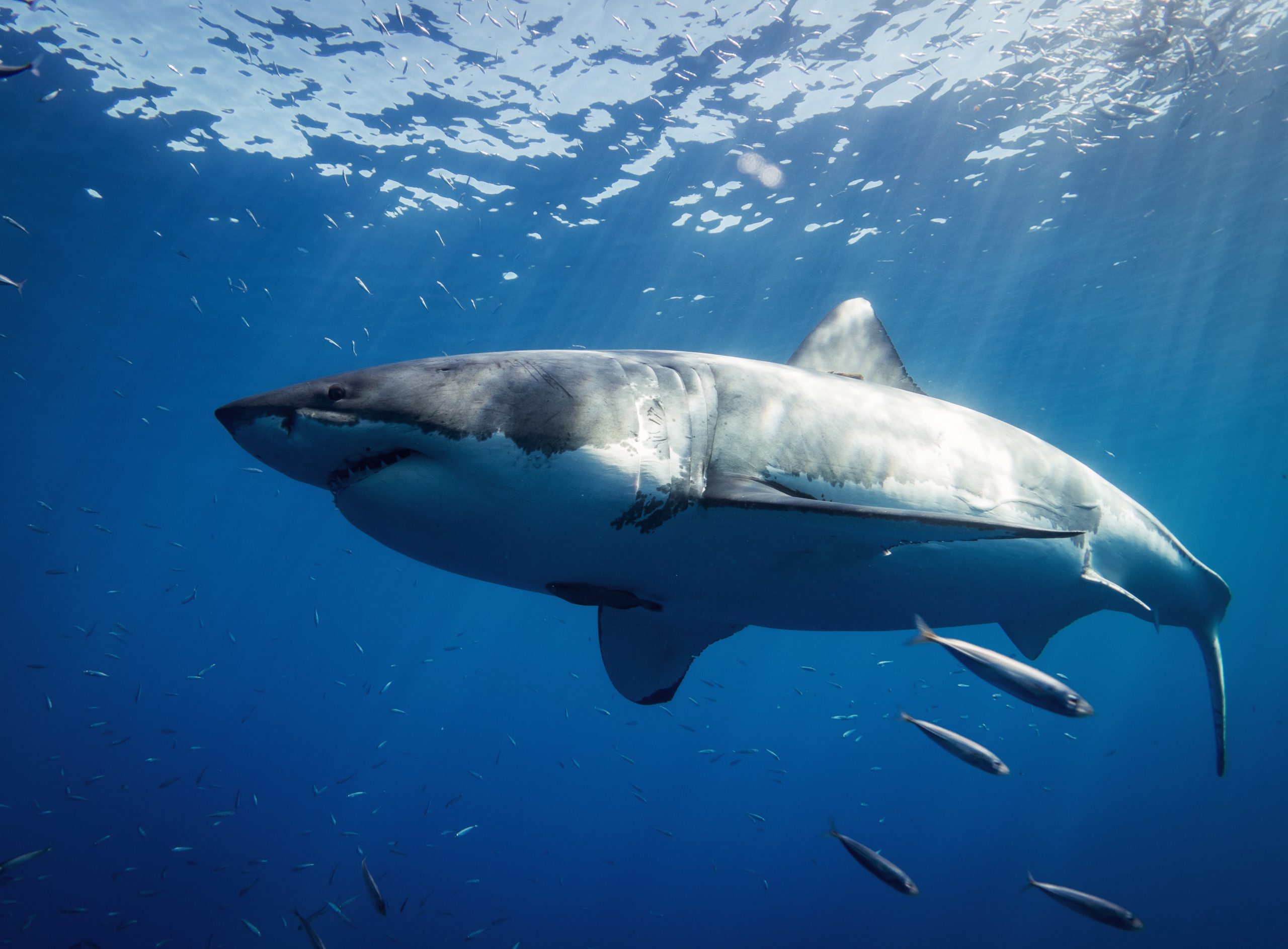Title: Culinary Consequences: Chinese Food Vlogger Fined Over Great White Shark Meat Recipe
Introduction:
The world of food vlogging is an ever-evolving landscape, with content creators continuously pushing boundaries to capture the attention of their viewers. However, a recent incident involving a Chinese food vlogger has ignited controversy and sparked conversations about the ethical and environmental implications of their actions. In this article, we delve into the incident that resulted in fines for the vlogger and discuss the broader implications for responsible culinary content creation.
The Great White Shark Meat Recipe:
The Chinese food vlogger in question gained notoriety for their unique and unconventional recipes. However, their latest creation featuring Great White Shark meat attracted significant backlash. The video showcased the vlogger preparing a dish using this protected species, leading to widespread outrage among environmentalists, conservationists, and animal rights activists.
Ethical Considerations:
The ethical concerns surrounding the vlogger’s use of Great White Shark meat in their recipe are profound. Great White Sharks are apex predators and an essential part of marine ecosystems. They play a critical role in maintaining the balance of oceanic ecosystems by regulating prey populations and ensuring biodiversity. The consumption of Great White Shark meat perpetuates the demand for their capture, contributing to the decline of an already vulnerable species.
Furthermore, Great White Sharks are protected under international and national laws due to their endangered status. The Convention on International Trade in Endangered Species of Wild Fauna and Flora (CITES) lists Great White Sharks in Appendix II, which regulates their trade and requires permits for their import, export, and sale. By featuring the preparation and consumption of Great White Shark meat, the vlogger unintentionally promoted an activity that contradicts the principles of species conservation and sustainability.
Legal Consequences:
The vlogger’s actions did not go unnoticed by the authorities. Chinese wildlife protection laws strictly prohibit the capture, trade, and consumption of endangered species, including Great White Sharks. Consequently, the food vlogger faced legal consequences and was fined for their violation of these laws. This serves as a clear indication that wildlife protection is a serious matter, and individuals who disregard these regulations will face penalties.
Implications for Culinary Content Creators:
This incident raises important questions about the responsibilities of culinary content creators, particularly in the realm of food vlogging. As influencers with large followings, they have the power to shape culinary trends and influence consumer behavior. It is crucial for them to consider the impact of their content on ethical and environmental considerations.
Food vloggers and content creators have a unique opportunity to promote sustainable and responsible culinary practices. By highlighting locally sourced ingredients, seasonal produce, and traditional cooking techniques, they can inspire viewers to adopt a more conscious approach to food. This incident serves as a reminder that the content they produce should align with ethical standards and contribute positively to the culinary world.
Promoting Ethical Culinary Practices:
In light of this incident, there is an opportunity for the food vlogging community to come together and establish guidelines for responsible content creation. Encouraging the use of sustainable ingredients, supporting local producers, and raising awareness about endangered species can help shift the focus to ethical culinary practices.
Moreover, collaboration with environmental organizations and conservation groups can provide valuable insights and promote a deeper understanding of the potential consequences of featuring certain ingredients or culinary practices in videos.
Conclusion:
The fines imposed on the Chinese food vlogger for featuring Great White Shark meat in their recipe video highlight the ethical and legal ramifications of their actions. This incident emphasizes the need for culinary content creators to prioritize responsible and sustainable practices in their videos. By doing so, they can play a crucial role in promoting ethical culinary choices, raising awareness about endangered species, and fostering a greater appreciation for the delicate balance of our ecosystems.




